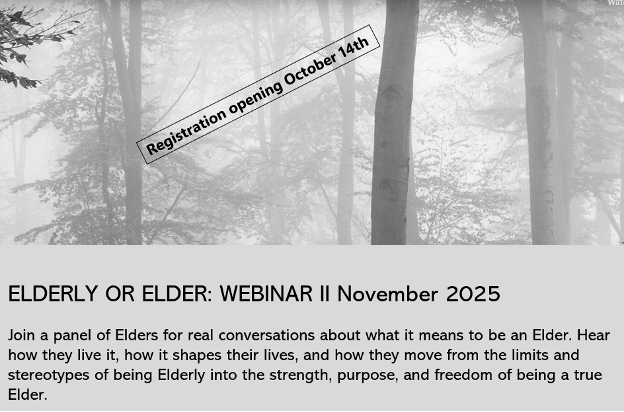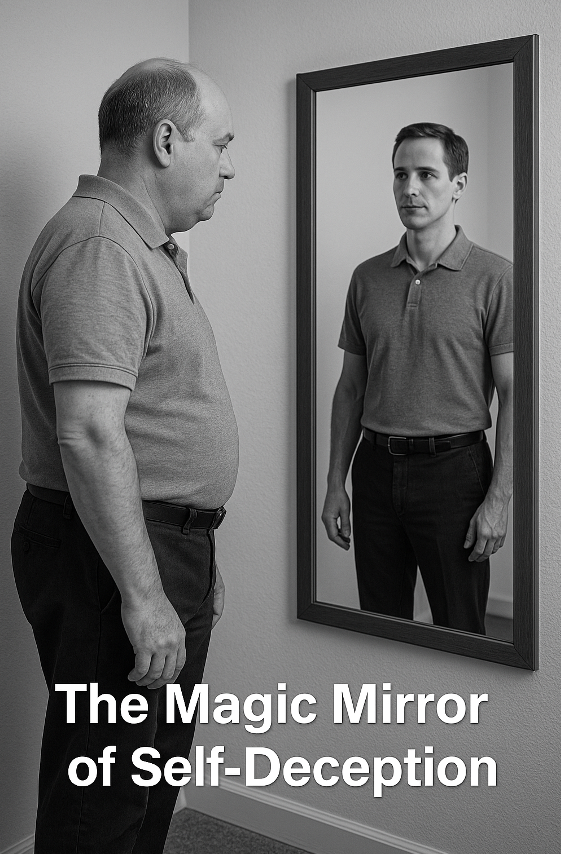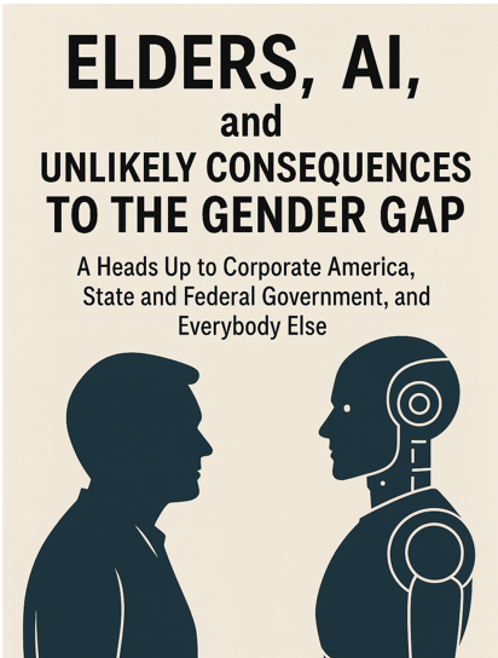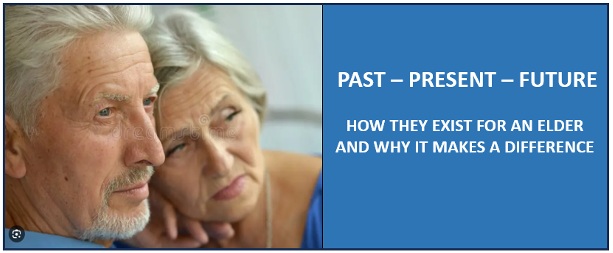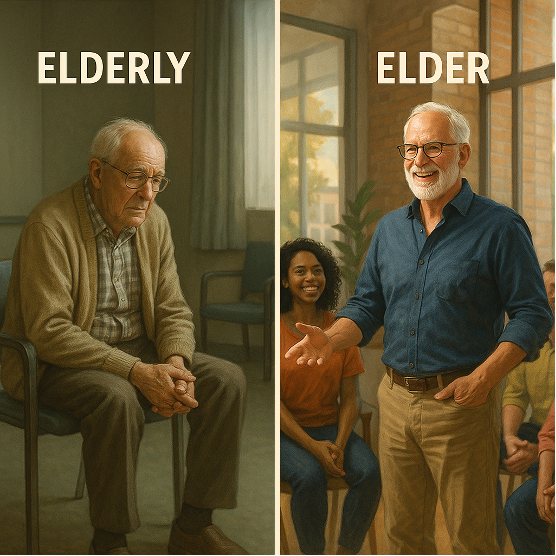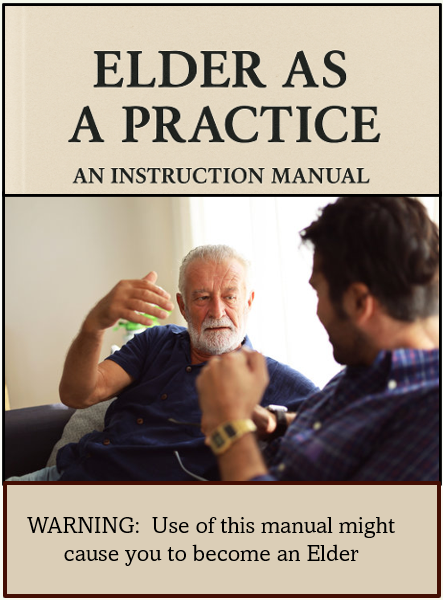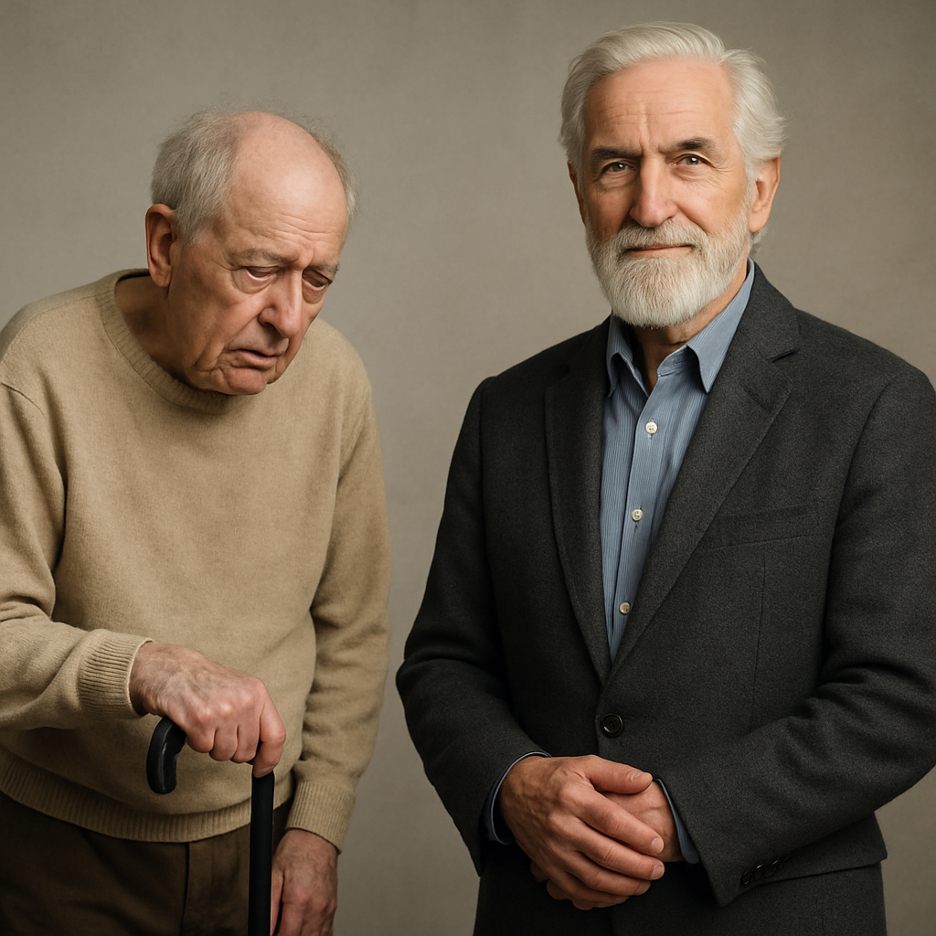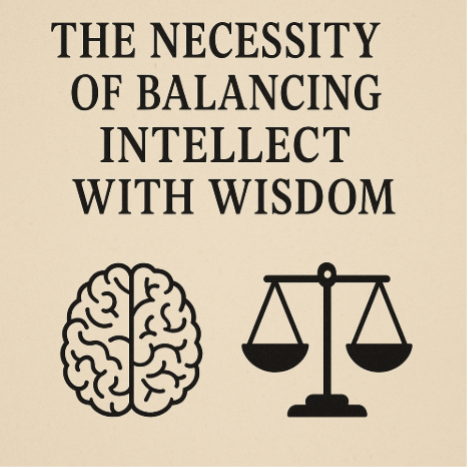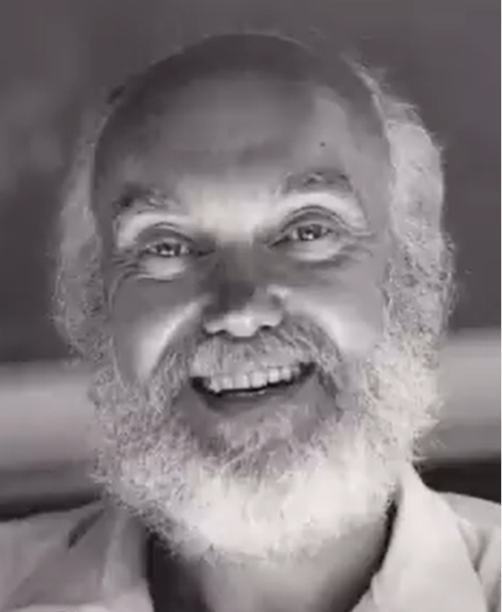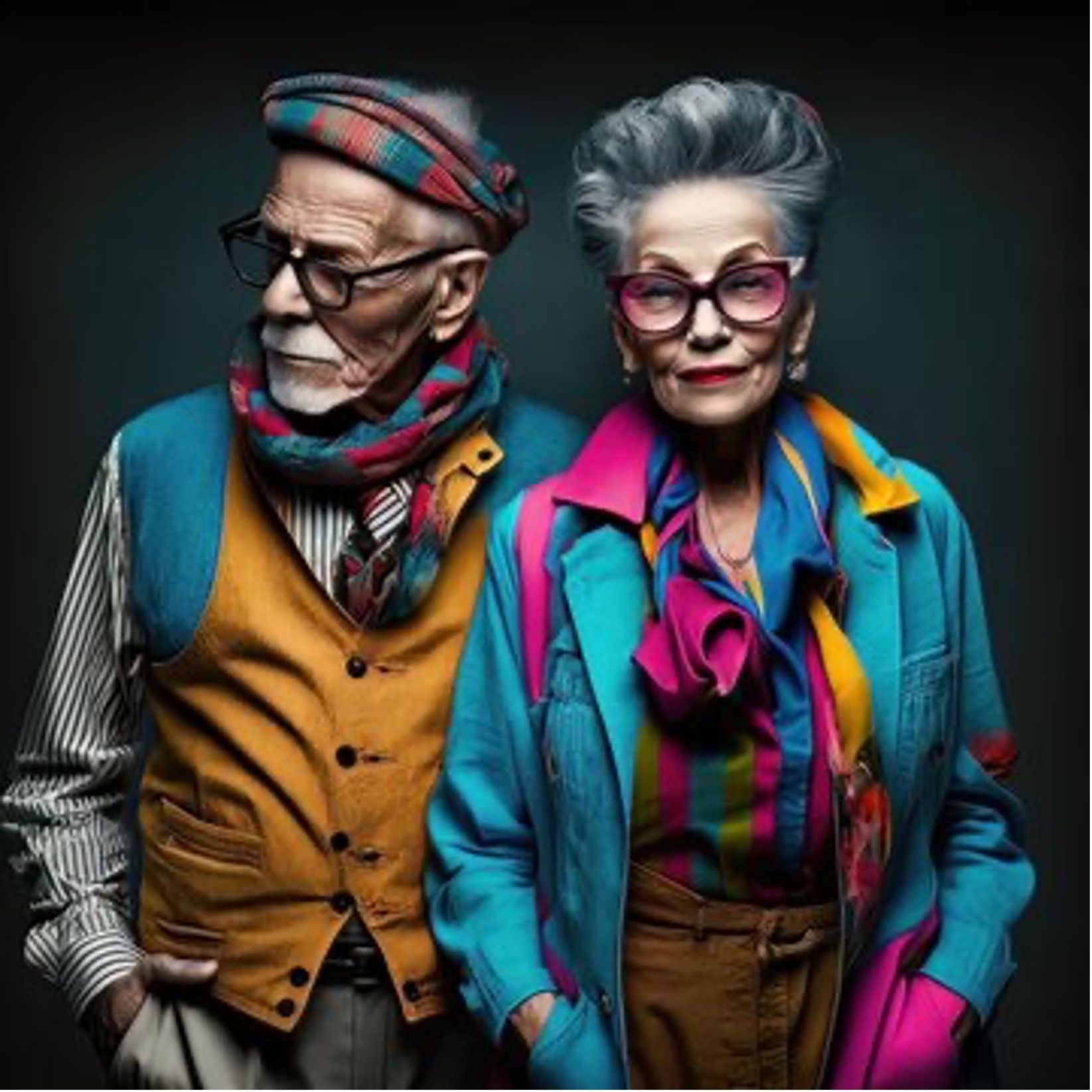AN ELDER'S SOLUTION TO POLITICAL VIOLENCE
AN ELDER'S SOLUTION TO POLITICAL VIOLENCE
No problem can be solved without responsibility—that's an irrefutable law, a principle that holds true regardless of circumstances or beliefs.
Yet most of us resist taking responsibility because it requires us to become cause in the matter, not just observers of it.
Cause doesn't just mean "reason," it means the origin of the action and its consequences.
Blame and fault are the opposite of responsibility. Blame and fault make others responsible, make others wrong, and make you right.
When you insist you are right, that's righteous indignation.
Righteous indignation creates judgment, separation, and puts you in attack mode. Thoughts tighten; empathy shrinks; position hardens.
Political violence is clearly on the rise, increasing in frequency and intensity. Worse, we are beginning to normalize it. Normalization gets you "off the hook," so you don't have to be responsible.
Here's what most people miss: political violence thrives in the extremes, fed by righteous indignation and blame. Elders know something that younger generations are still learning—true power lives in the middle ground.
If the answer is to expand responsibility, Elders know how to expand it in themselves and others. And that is to take themselves and them to "middle ground."
What Middle Ground Looks Like in Practice
Operating on the middle ground means seeing both sides clearly and understanding their thinking and actions. It's not about taking sides or retreating; it's about holding yourself as a cause in the matter of how this conversation turns out. That requires responsibility in motion: no lashing out, no righteous indignation, no blaming others.
What does operating from the middle look like in practice? It means listening to both sides of a heated political debate without needing to choose a team. It means seeing the fear beneath someone's anger without dismissing their concerns. It means staying present when every instinct tells you to either fight or flee.
In this middle, you stay present, measured, aware. You act from clarity, not reaction. And from that place, you can guide others toward the middle too—calming extremes, opening dialogue, and reducing the fuel for political violence.
You can't see your role, your responsibility when you exist on the edges. You need to be willing to see both sides, which then puts you in the middle.
Elders can lead this conversation to bring people to the middle.
By owning their role as Elders, they can stabilize the storm, reduce polarization, and create conditions where political violence loses its grip.
ELDERS KNOW HOW TO LIVE AND TEACH "LIVING IN THE MIDDLE"
Elders have learned that life isn't about extremes, either burning out chasing an ideal or punishing themselves in denial. They know and experience that true power comes from the middle: the place where awareness, choice, and presence exist.
Elders know how to locate themselves in the middle. They don't need to dominate, manipulate, or withdraw. They act with clarity, guided by wisdom, not impulses.
In Buddhism, Christianity, Judaism, and Islam, the Middle Way is a way of wisdom. Jesus understood what Buddhists call the Middle Way—you must engage with the world's chaos without becoming consumed by it.
You can influence change without losing yourself in the storm. It's knowing when to step forward, when to hold back, and when to create the settings for what truly matters.
Political violence is a product of extremes, the furthest distances from the middle. The Elder's job is to move people to the middle.
Elders understand this ancient wisdom: you must be of the world to create change, but not consumed by the world's chaos. You can only move people to the middle when you're not lost in it yourself, but you must engage with it to make change happen.
The Daily Practice of Returning to Middle Ground
Elders are aware that getting themselves back to the middle ground is always the first step. They need to get themselves there first, then they can do it for others. And in our time and place, getting knocked off the middle is a frequent, often loud and intrusive voice.
So, part of being an Elder is the daily practice of getting yourself back to the middle—the middle of up and down, good and bad, right and wrong, success and failure, expectation or reality, bigheartedness or selfishness, helpful or harmful, valueless or valuable, and on and on.
The middle… is where clarity lives, where judgments soften, where action is guided by cause, not reaction. It's the place where an Elder stands—steady, aware, unshaken, holding both sides without being pulled, seeing what is, and shaping what can be. To return to the middle is to return to power.
Elders know where the middle is and how to get there. The need is obvious. We need Elders in the field.
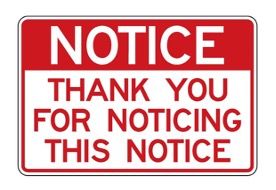
“Actually, being with elders, speaking about what it meant to be an elder, what life looked like as an elder, and hearing them speak about how they navigate life as an elder, let me see how I want to grow old. Thank you, incredible event. When’s the next one?” -J.B.K.
